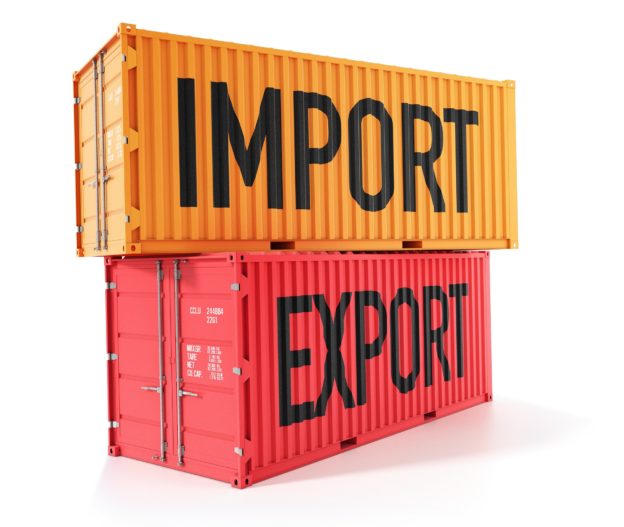As a result of the post-pandemic industrial recovery and significant production shortages, the trade in semiconductors and electronic chips has been booming since 2020.
As the sourcing of products from US suppliers is made increasingly difficult for Chinese operators by restrictions imposed by the US government, demand for products made in the EU is growing. Be careful, however, to master the pitfalls of the European regulation for controlling exports of dual-use items.
I. The purpose of EU dual-use regulation
Dual-use items and technologies are the ones likely to be the subject of civil or military application. Due to their potential military destination, these goods and technologies are subject to increased control, and their export from the EU to third countries, such as China, is subject to authorization.
The Regulation (EU) 2021/821 which entered into force on September 9, 2021, aims to strengthen and revise the regime in force since 2009, including in particular:
- Human Rights’ violation prevention, as one of the objectives of the regulation justifying the export license granting or the refusal of export by competent authorities;
- Human Rights’ violation prevention, as a motive for implementing the catch –all clause for certain cyber-surveillance technologies not listed by the Regulation;
- a redefinition and extension of key concepts, in particular those of good use and exporter;
- the strengthening and harmonization of controls within the EU, and in particular the creation of a “National Control List” drawn up by each EU member state and communicated to the Commission;
- a control regime for cyber-surveillance technologies;
- extension and precision of controls to brokerage and technical assistance activities for sensitive products.
As the Chinese regulation on the control of sensitive goods, the EU maintains a list of sensitive products, including many semiconductors and microchips, whose properties are such that they can be integrated into equipment military. Let us quote for example:
- 3A001 – Electronic equipment, assemblies and components: a) For integrated circuits and b) For microwave or millimeter wave goods.
- 3A001, Electronic goods: General purpose integrated circuits, in particular multi-chip integrated circuits.
- 3B001 – Test, inspection and production equipment: namely equipment for the manufacture of semiconductor devices or materials
- 3C002 – High resistivity materials (3C005)
- 6A002 – Optical sensors, their equipment and components
- 6A003 – Cameras, systems or equipment and their components
- 6A004 – Optical equipment and components, components “qualified for space use”
- 6A005 – “Lasers”
II. Information for Chinese buyers
Due to the current circumstances, the European control authorities, in particular the French customs administration, are carrying out increased controls on exports of semiconductors and electronic chips, in order to verify their compliance with the regulations governing the control of exports of dual-use goods and dismantle illegitimate trade networks.
First of all, we draw the attention of Chinese groups’ subsidiary companies acting as vendors and exporter of semiconductors and electronic chips from the EU, on the need to put in place processes for compliance with these export control regulations, intended to identify the products affected by the restrictions, identify the appropriate licenses and therefore reduce the significant risk of customs blocking and imposition of criminal fines.
Chinese buyers should also be attentive: even though the export from the EU is almost always the responsibility of their seller, they remain victims of blockages, controls or export refusals put forward by the authorities to a seller who has not obtained the necessary license or having misinformed the authorities on the real destination of the product sold. On this point, it should be noted that the period of validity of individual, global licenses or for large projects has been modified by the new regulations.
It is therefore essential in trade negotiations with European buyers to take this increasingly important issue into consideration, and to adapt contractual clauses, if necessary through internal compliance programs, in order to anticipate any resulting commercial damage resulting from poor management of the European dual-use regulation.
***
The Customs and International Trade team of DS Avocats is at your disposal to provide you with any additional information.
CONTACT US :

